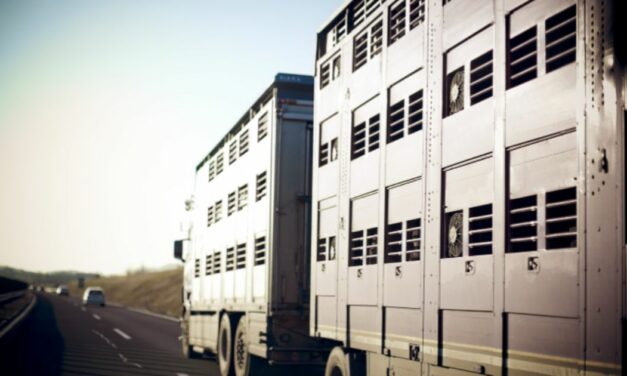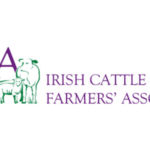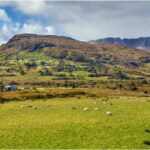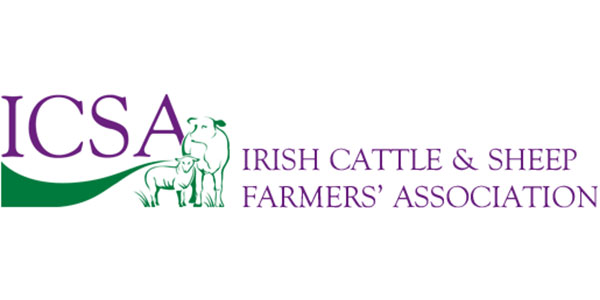ICSA president Gabriel Gilmartin has welcomed the preliminary Teagasc National Farm Survey figures for 2011 – which show an overall increase in income of 32% over the 2010 figures – and he stated that these figures show that decoupled payments are the best system of support. However, he pointed out that dairying remains by far the most viable enterprise in farming, and this highlights the importance of freeing up the milk quota regime to allow farmers switch from less profitable cattle and sheep enterprises.
“The improved income on suckler and beef farms of 50% and 64% respectively is based on better cattle prices, which in turn has come about because of scarcity and improved market conditions. This would have been much less likely under a system of coupled payments and one only has to compare beef price today with beef price ten years ago to see the difference.”
“Nonetheless, the figures prove that beef and sheep income is still not high enough and processors and retailers need to recognise that it is imperative that current prices are sustained into the long term, while we need to see costs coming down. Individual farmers can improve their position with increased output – but the danger is that this can have a detrimental effect on price if all farmers follow this course.”
While incomes on the typical full time farms in the 50-100 ha range are much improved, there is still a big difference between dairying and the others. Dairy income on these farms is 3 to 3.5 times the incomes achieved on beef farms (at €30,462), on sheep farms (€30,048) and on suckler farms (€26,165) (all in the 50-100 ha category).
Mr Gilmartin also pointed out that the survey tends to understate the effects of cuts to the REPS scheme on individual farms. “While it may be true to say that the loss of REPS averages out as a 7% decline in total sheep farm direct payments, the reality is that the cumulative effect of cuts to Disadvantaged Area payments and the ending of REPS is hitting some farms especially hard. Many of these farms with relatively low single payments will see their direct payments cut in half. For cattle and sheep farms, that will translate into an income cut of 50%, given that direct payments still account for over 100% of income.”
Mr Gilmartin said that one very positive trend is the reduction in farm debt by 20% to €1.8 billion. However, he cautioned that this figure is still high and farmers need a continuation of low interest rates and strong product prices in order to further erode debt levels.






